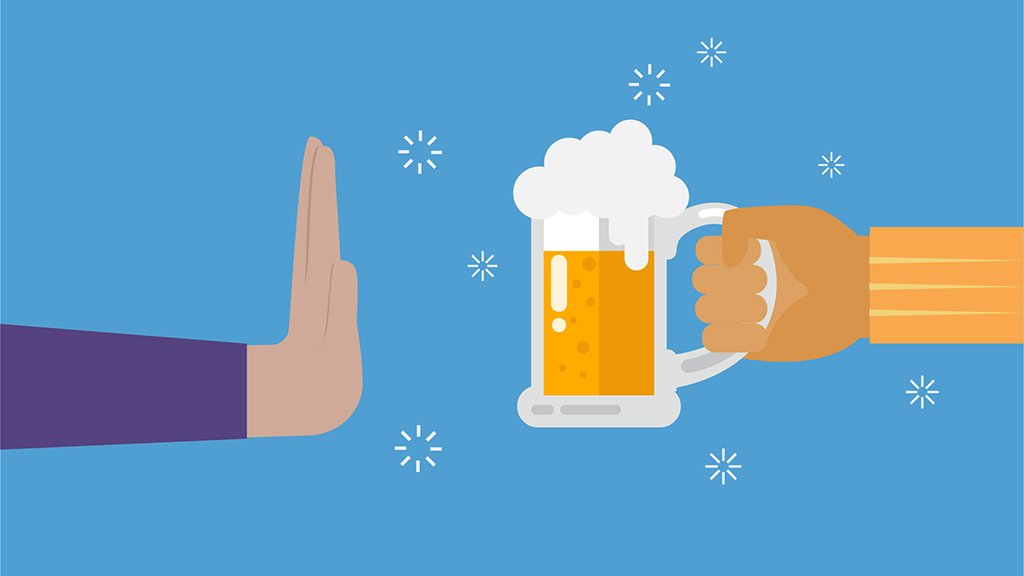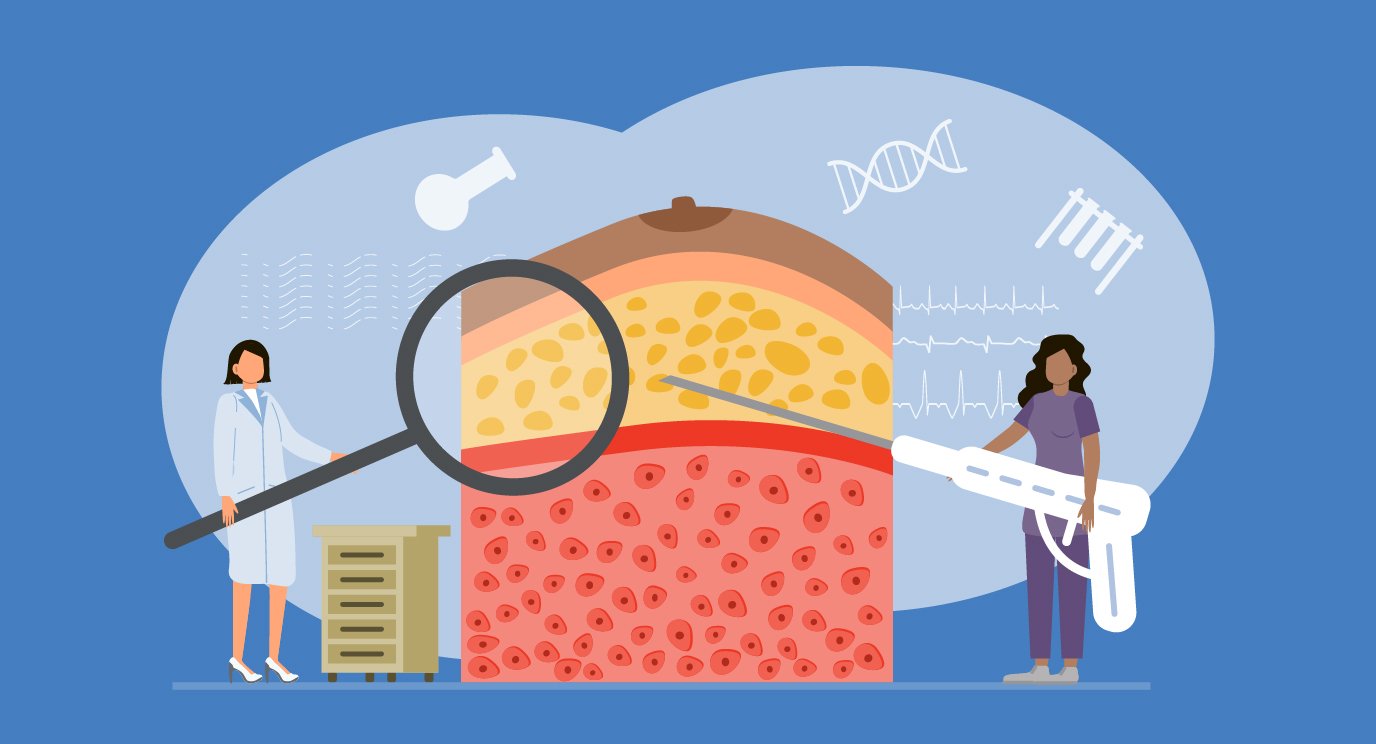- Diseases
- Acoustic Neuroma (14)
- Adrenal Gland Tumor (24)
- Anal Cancer (66)
- Anemia (2)
- Appendix Cancer (16)
- Bile Duct Cancer (28)
- Bladder Cancer (68)
- Brain Metastases (28)
- Brain Tumor (230)
- Breast Cancer (718)
- Breast Implant-Associated Anaplastic Large Cell Lymphoma (2)
- Cancer of Unknown Primary (4)
- Carcinoid Tumor (8)
- Cervical Cancer (154)
- Colon Cancer (164)
- Colorectal Cancer (110)
- Endocrine Tumor (4)
- Esophageal Cancer (42)
- Eye Cancer (36)
- Fallopian Tube Cancer (6)
- Germ Cell Tumor (4)
- Gestational Trophoblastic Disease (2)
- Head and Neck Cancer (6)
- Kidney Cancer (124)
- Leukemia (344)
- Liver Cancer (50)
- Lung Cancer (288)
- Lymphoma (284)
- Mesothelioma (14)
- Metastasis (30)
- Multiple Myeloma (98)
- Myelodysplastic Syndrome (60)
- Myeloproliferative Neoplasm (4)
- Neuroendocrine Tumors (16)
- Oral Cancer (100)
- Ovarian Cancer (170)
- Pancreatic Cancer (166)
- Parathyroid Disease (2)
- Penile Cancer (14)
- Pituitary Tumor (6)
- Prostate Cancer (144)
- Rectal Cancer (58)
- Renal Medullary Carcinoma (6)
- Salivary Gland Cancer (14)
- Sarcoma (236)
- Skin Cancer (296)
- Skull Base Tumors (56)
- Spinal Tumor (12)
- Stomach Cancer (60)
- Testicular Cancer (28)
- Throat Cancer (90)
- Thymoma (6)
- Thyroid Cancer (98)
- Tonsil Cancer (30)
- Uterine Cancer (78)
- Vaginal Cancer (14)
- Vulvar Cancer (18)
- Cancer Topic
- Adolescent and Young Adult Cancer Issues (20)
- Advance Care Planning (10)
- Biostatistics (2)
- Blood Donation (18)
- Bone Health (8)
- COVID-19 (362)
- Cancer Recurrence (120)
- Childhood Cancer Issues (120)
- Clinical Trials (626)
- Complementary Integrative Medicine (24)
- Cytogenetics (2)
- DNA Methylation (4)
- Diagnosis (230)
- Epigenetics (6)
- Fertility (64)
- Follow-up Guidelines (2)
- Health Disparities (14)
- Hereditary Cancer Syndromes (124)
- Immunology (18)
- Li-Fraumeni Syndrome (8)
- Mental Health (118)
- Molecular Diagnostics (8)
- Pain Management (62)
- Palliative Care (8)
- Pathology (10)
- Physical Therapy (18)
- Pregnancy (18)
- Prevention (896)
- Research (390)
- Second Opinion (74)
- Sexuality (16)
- Side Effects (604)
- Sleep Disorders (10)
- Stem Cell Transplantation Cellular Therapy (216)
- Support (404)
- Survivorship (322)
- Symptoms (184)
- Treatment (1776)
How radiation therapy may affect your daily routine
3 minute read | Published September 20, 2017
Medically Reviewed | Last reviewed by an MD Anderson Cancer Center medical professional on September 20, 2017
Cancer treatment often requires patients to make changes to their daily routines or lifestyle habits. But just how much do you need to change?
Below are my answers to some questions my patients ask about how radiation therapy will impact their lives during treatment.
Can I work during treatment?
Many patients are able to work during their radiation treatment. Sometimes patients work during the first few weeks of treatment but need to take time off near the end due to side effects. It usually depends on the site of the body being treated, the type of radiation, the dose of radiation and if chemotherapy is also being administered.
Ask your doctor how your cancer treatment will impact your daily life, including work.
Can I have sex while undergoing radiation therapy?
Yes, in many cases. It depends on the location of the radiation treatment and your general overall health. Cancer and cancer treatment can affect your self-image, emotional state, physical abilities and sexual interest.
Keep in mind that you must use some type of birth control during radiation if you’re of childbearing age. Generally, we avoid treating patients with radiation therapy during pregnancy because the radiation may post risks to the baby depending on the dose and area of the body we’re treating.
Can I drink alcohol while receiving radiation therapy?
In general, we recommend you limit alcohol intake during cancer treatment of any kind before, during and after cancer treatment. If you’re undergoing radiation to your head, neck, throat, esophagus or stomach, we ask that you abstain from alcohol since it can cause irritation and be physically uncomfortable.
If you are receiving radiation therapy to other parts of your body, be sure to talk to your doctor. He or she will likely recommend that you drink only in moderation.
Can I spend time in the sun?
Yes, but cover the area that is being treated with radiation. Use sunscreen with SPF 30 or higher and wear special sun-protective clothing, including a hat, for others areas exposed to direct sunlight.
Can I dye my hair?
Generally, yes. Hair that is not being treated directly with radiation can be dyed. But if you’re having radiation to the head and neck area and experience hair loss, it’s best to wait a few months after your hair has grown back. Like the effects of chemotherapy, hair follicles and new hair are more delicate and prone to breakage.
Can I get a massage?
That depends on why you are getting radiation and what part of the body is being treated. Talk to your doctor about whether it’s OK to get a massage. And, if your doctor says it’s OK, be sure to get a massage from someone who specializes in working with cancer patients. MD Anderson’s Integrative Medicine Center provides massages for eligible patients.
Can I take my prescription medication?
Yes, in most cases we recommend that you continue taking your prescribed medications. But be sure to speak with your doctor about all medications you’re taking to avoid unwanted drug interactions.
Can I exercise during radiation treatment?
In general, we encourage our patients to exercise as long as it’s not a new rigorous routine and you feel up to it. Many patients feel better and tolerate therapy if they maintain their routine exercise program. Due to skin marks and skin reactions, however, we may ask that you avoid swimming, as well as sitting in a sauna, during treatment.
Can I take vitamins and supplements?
It’s important to talk to your doctor about the vitamins, nutritional and herbal supplements you’re taking. Some of these may interfere with your treatment.
But typically, a single daily multivitamin during radiation therapy is fine. However, you shouldn’t take more than the recommended daily allowance.
Pamela J. Schlembach is professor of Radiation Oncology at MD Anderson in The Woodlands.
Request an appointment at MD Anderson online or by calling 1-866-341-0590.
Related Cancerwise Stories

Ask your doctor how your cancer treatment will impact your daily life, including work.
Pamela J. Schlembach, M.D.
Physician





